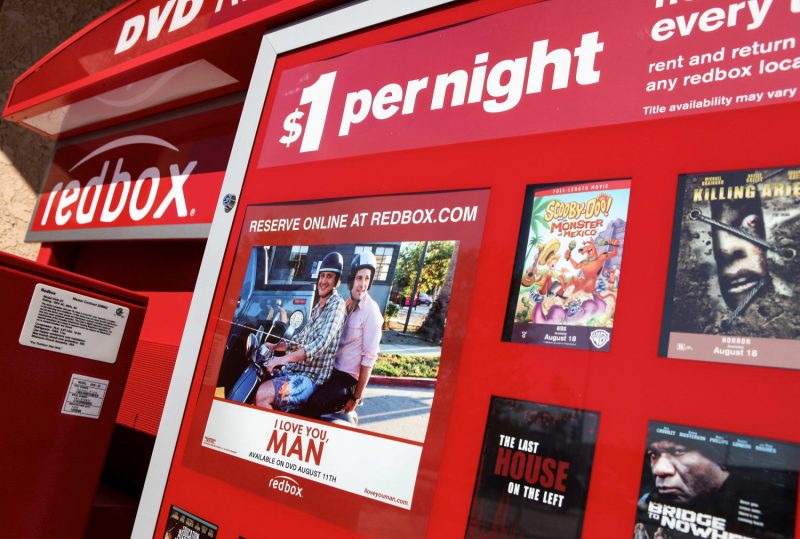Redbox Set to Close as DVD Market Withers in Streaming’s Shadow
The rapid evolution of technology has significantly impacted various industries, and the entertainment sector is no exception. In particular, the advent of streaming services has revolutionized how people consume movies and TV shows, leading to a decline in the traditional DVD rental market. As a result, Redbox, a popular DVD rental kiosk service, is facing the imminent closure of its operations.
The Shift to Streaming Platforms
The rise of streaming platforms such as Netflix, Hulu, and Amazon Prime Video has fundamentally altered the way audiences access and watch content. With an abundance of titles available at the click of a button, consumers have embraced the convenience and flexibility of streaming services over physical media like DVDs. This shift in consumer behavior has had a profound impact on traditional rental services like Redbox, which have struggled to compete with the vast libraries and original programming offered by streaming giants.
Changing Consumer Preferences
The decline of the DVD market can also be attributed to changing consumer preferences. Younger generations, in particular, have shown a strong preference for digital content that is accessible on multiple devices, such as smartphones, tablets, and smart TVs. The convenience of streaming services, which allow users to watch their favorite shows anytime, anywhere, has surpassed the appeal of physical media, which can be cumbersome and limited in terms of portability.
Redbox’s Struggles in the Digital Age
Despite its initial success and widespread popularity, Redbox has found it increasingly challenging to stay competitive in a digital-first world. The company’s business model, which relies on physical kiosks for DVD rentals, has become obsolete in the face of evolving consumer trends. Redbox’s failure to adapt to the changing landscape of the entertainment industry has resulted in declining revenues and a dwindling customer base, ultimately leading to its decision to close its operations.
The Future of Entertainment Consumption
The decline of Redbox serves as a stark reminder of the rapid pace of technological change and its profound impact on traditional businesses. As streaming services continue to dominate the entertainment landscape, companies that fail to innovate and pivot towards digital offerings risk becoming obsolete. The future of entertainment consumption lies in digital platforms that offer on-demand access to a wide range of content, personalized recommendations, and seamless user experiences.
In conclusion, the impending closure of Redbox reflects the broader shift towards digital entertainment consumption and the decline of the traditional DVD market. As streaming services become increasingly prevalent and convenient, companies that rely on outdated business models will struggle to survive in an ever-evolving industry. The demise of Redbox serves as a cautionary tale for businesses to adapt and embrace digital innovation to remain competitive in the digital age.

